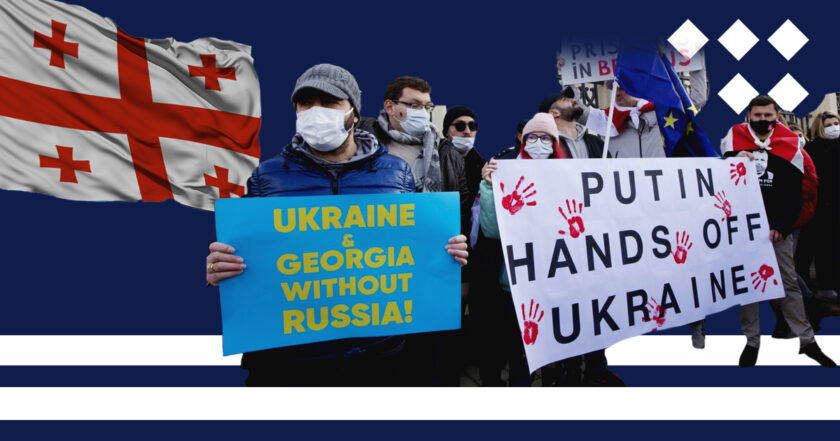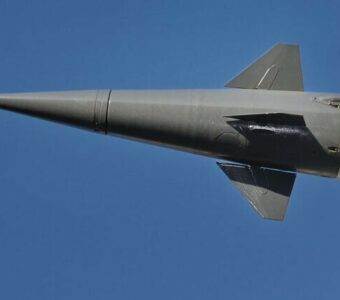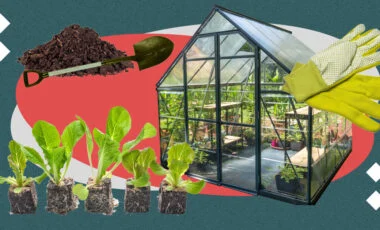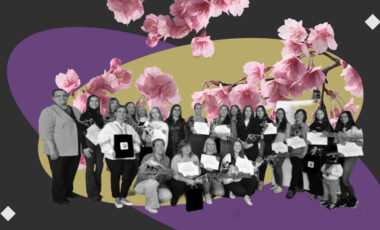What is the difficulty in Ukrainian-Georgian relations?
And what is Georgia’s stance on Russia’s war in Ukraine.

The relationships between Georgia and Ukraine are currently experiencing a challenging period.
The biggest paradox is that the Georgian people show their incredible support of Ukraine even from a distance, with Ukrainian flags flying proudly in the streets of Georgian cities. The "Georgian Legion" is a part of Ukraine's armed forces and gained official recognition in 2016, making them the first foreigners to join the ranks. It is evident that civil society is exhibiting a strong sense of pro-Ukrainian sentiment. The US National Democratic Institute (NDI) recently conducted a social survey, which revealed that 54% of Georgians ascribe responsibility for the war in Ukraine to Russia.
However, since the beginning of the full-scale Russian war against Ukraine, the Georgian authorities have taken an ambiguous position, avoiding drastic actions and statements regarding Russia.
Let's endeavor to conduct a concise assessment of the official viewpoint of the Georgian government, as well as the chief accomplishments in the evolution of Georgian-Ukrainian relations since February 24, 2022.
Positive aspects of bilateral relations:
- The government of Georgia condemned Russia's recognition of the so-called Donetsk and Luhansk People's Republics, denounced its invasion of Ukraine, and declined to recognize the purported referendums held in the unlawfully occupied territories.
- The Republic of Georgia has voted in support of all four pro-Ukrainian resolutions presented for consideration before the United Nations General Assembly in both 2014 and 2022, respectively.
- Approximately 25,000 refugees from Ukraine are currently residing in the country. Of this total, the local Ministry of Health reports that at least 500 families obtain assistance with rent payments, amounting to a little more than $100 per month. Additionally, more than 1,000 persons are receiving social services on a monthly basis.
- Georgia has allocated up to twelve million dollars for humanitarian aid to Ukraine, along with the shipment of twenty-five generators at a total value exceeding five hundred and sixty thousand dollars.
However, in many respects, relations between the two states remain tense:
- Georgia refused to impose economic sanctions against Russia, citing the need to "protect its national interests" and even re-established air traffic with the aggressor country. At the same time, Georgia does not allow its territory to be used to circumvent restrictive measures.
- Ukraine extended an invitation to a delegation of the Parliament of Georgia to partake in a visit to Kyiv on the anniversary of the full-scale war, which was set to take place on February 24. However, representatives of the country rejected this proposal. Moreover, the Prime Minister of Georgia, Iraklii Garibashvili, accused the Ukrainian authorities of attempting to involve Georgia in the war.
- Concurrently, the Georgian government is taking no precipitous action to introduce visas for Russians who flocked to Georgia in substantial numbers following the declaration of mobilization in Russia.
- Prime Minister of Georgia Irakli Garibashvili has announced that Georgians involved in the war in Ukraine should be stripped of their Georgian citizenship as a directive from the Kremlin to discourage soldiers from joining the "Georgian Legion."
- Georgia also refuses to provide military aid to Ukraine. For instance, Georgia refused to hand over to Ukraine the Buk anti-aircraft missile systems received before the 2008 war. The Ministry of Defense of the country revealed that the air defense system was acquired through a confidential pact rather than free of charge. Despite the problematic stance to affirm, Tbilisi refuses to supply any further military assistance to Ukraine. At the same time, the latter had anticipated Georgia's aid because both countries had been subject to Russian aggression.
- The President of Georgia, Salome Zurabishvili, is trying to establish a more supportive policy towards Ukraine, vocally decrying the activities of the Georgian Parliament, denunciating Russian aggression, and expressing her appreciation for the Ukrainian Armed Forces. Despite these statements, visible and tangible gestures of solidarity with the Ukrainian population are yet to be seen.
In conclusion, it is clear that Russia's attempts to interfere in Georgia's internal and external affairs have created tension between Georgia and Ukraine and a gap between the Georgian people and the ruling elite. Faced with this situation, it is paramount that the Georgian government take a stand on the side of justice and refuses to further Russia's agenda, pretending to protect the "economic interests."






















































